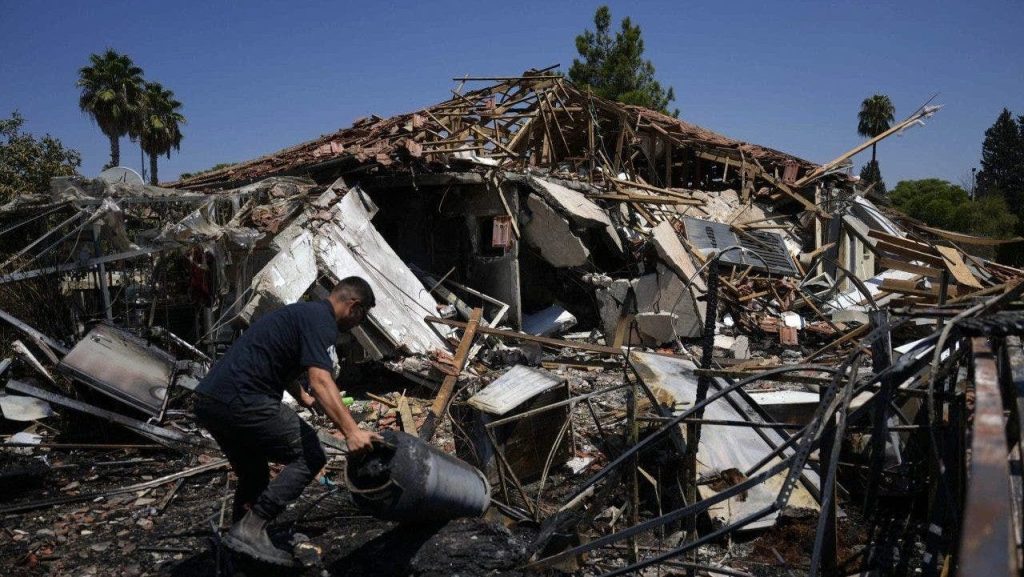This week, the terrorist organization Hezbollah launched a series of rocket attacks on Israeli-annexed territory, particularly targeting the Golan Heights. Over 50 rockets struck the area, injuring one person and destroying two houses in the process. The Israel Defense Forces condemned the attacks, stating that Hezbollah was indiscriminately firing projectiles towards Israel. The attack is believed to be in retaliation for Israel’s strike on a weapons storage facility in Lebanon, which led to the deaths of at least one individual.
The Golan Heights, which has been occupied by civilian residents since Israel captured it from Syria during the Six Days War in 1967, is internationally recognized as Israeli-occupied Syrian territory, except by the United States. The area was annexed by Israel due to national security concerns. The ongoing conflict between Israel and Hezbollah has been escalating since last October, when Hamas initiated a terrorist attack on Israel. Despite efforts by United States diplomats to broker a cease-fire deal between Hamas and Israel, both parties have been unable to reach a resolution.
Secretary of State Antony Blinken recently spoke to reporters from Israel, stating that a proposal put forward by the White House in coordination with leaders from Qatar and Egypt has been accepted by Israeli Prime Minister Benjamin Netanyahu. The proposal aimed to “bridge the gaps” between the warring parties and now requires Hamas to also agree to the terms. Blinken emphasized the need for both parties to come together with the help of mediators from the United States, Egypt, and Qatar to finalize the agreement and implement the commitments made under it.
The ongoing conflict in the region has raised concerns and led to increased tensions between Israel and Hezbollah. Israel has vowed to respond to attacks on its civilians, emphasizing that such actions will not go unanswered. Meanwhile, Hamas and other terrorist groups continue to target Israeli territory, leading to further instability in the region. It is unclear how the situation will progress, as cease-fire negotiations have reached an impasse, and both parties appear unwilling to compromise on their respective positions.
The escalation of violence in the region has sparked international concern, with countries like the United States working to mediate and facilitate diplomatic solutions. Despite these efforts, the situation remains volatile, with both Israel and Hezbollah continuing to engage in missile strikes and attacks on each other’s territory. The ongoing conflict underscores the complex and delicate nature of the Middle East region, where long-standing tensions and territorial disputes have persisted for decades. It remains to be seen how the situation will unfold and whether a lasting peace agreement can be reached to end the cycle of violence and bloodshed.


